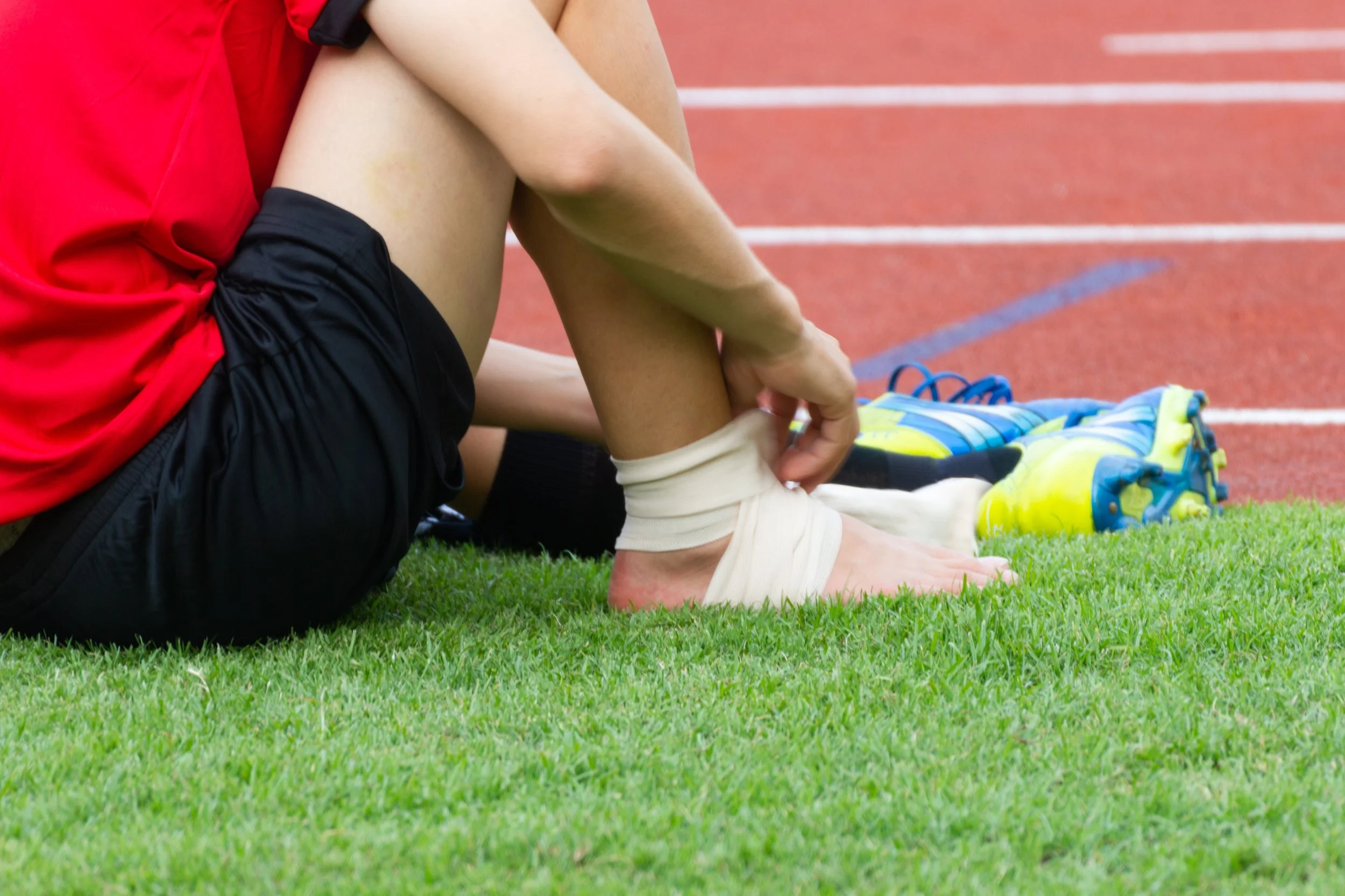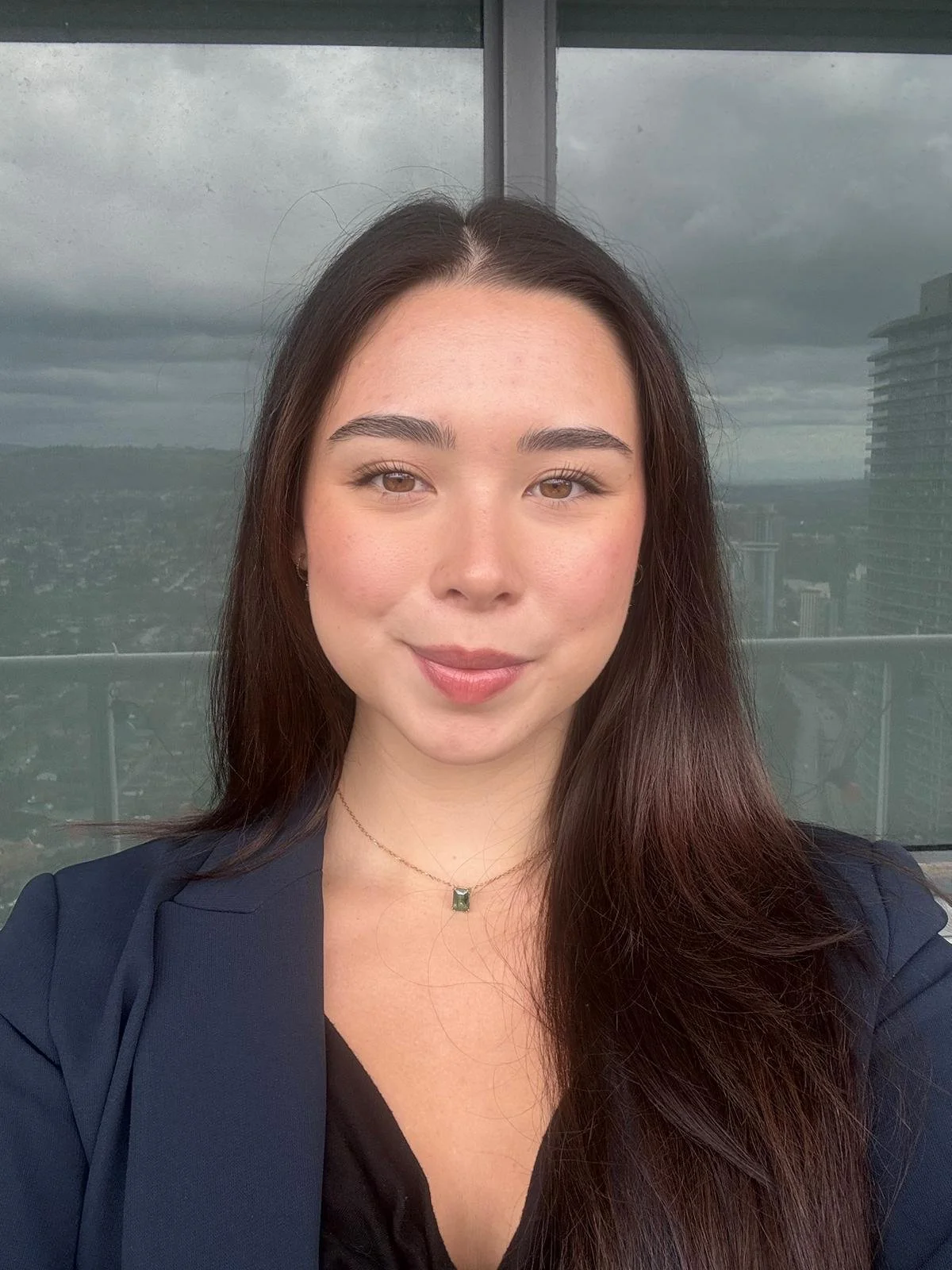The mental side of recovery: how sports psychology supports injured athletes
An article by Arika Lee
How low-cost counselling in Vancouver can help athletes manage frustration, rebuild confidence, and stay mentally strong during recovery.
Understanding the psychological impact of sports injuries
For most athletes, getting injured is more than just a physical setback. It affects identity, motivation, and confidence. When training and competition are a big part of life, being sidelined can leave athletes feeling lost or disconnected from their sense of purpose.
The emotional impact of injury is often underestimated. Many athletes describe feelings of frustration, anger, sadness, or anxiety during recovery. These reactions are normal, but when they go unaddressed, they can slow healing and affect long-term motivation. Sports psychology and counselling provide the tools to manage these emotions, stay focused, and rebuild confidence while the body heals.
Why injuries can be mentally challenging
An injury disrupts more than training. It also disrupts routine, community, and an athlete’s self-image. When facing injury, athletes may struggle with:
Losing their sense of identity as a competitor
Fear of re-injury or not returning to previous performance levels
Isolation from teammates or training groups
Pressure to recover quickly or “stay tough”
Difficulty finding purpose during rest periods
Without mental support, these challenges can lead to burnout, loss of motivation, or even depression. Recognizing the mental side of recovery is key to maintaining balance and perspective during the healing process.
How sports psychology helps athletes recover
Sports psychology helps athletes adjust to recovery by focusing on mindset, resilience, and emotional regulation. Counselling sessions often include practical tools such as:
Visualization and mental rehearsal to maintain focus and confidence while healing
Goal-setting to create realistic recovery milestones and maintain motivation
Relaxation and breathing techniques to reduce anxiety or frustration
Cognitive reframing to shift focus from what is lost to what can still be controlled
Developing new routines to stay engaged with sport in different ways during recovery
The goal is to help athletes stay mentally strong, connected, and optimistic, not to push past injury but to recover with patience and purpose.
Five mental strategies for athletes recovering from injury
Set realistic goals
Focus on small, achievable milestones during recovery. Progress builds motivation.Visualize success
Mentally rehearse movements or competition scenarios to stay confident and connected to your sport.Stay connected
Keep in touch with teammates, coaches, or training partners. Isolation can make recovery feel longer.Shift your focus
Use downtime to strengthen other areas such as flexibility, nutrition, or mental training.Be patient with yourself
Healing takes time. Recognize small improvements and avoid comparing your progress to others.
The role of counselling in recovery
Sports psychology and counselling go beyond performance. They provide space to process emotions that may be difficult to discuss with coaches or teammates. Talking openly about frustration, fear, or grief helps athletes manage stress and stay grounded.
For many athletes, counselling becomes a key part of recovery. It supports the transition back into training while helping them maintain confidence and prevent future burnout. Therapy can also help athletes reconnect with their identity outside of sport, which is an important step for long-term well-being.
What this means for athletes in Vancouver and BC
Vancouver’s active community includes athletes from all levels, from competitive university teams to recreational runners and cyclists. The city’s outdoor culture encourages participation, but it also means injuries are common. With high medical and living costs, recovery can feel overwhelming both physically and financially.
Low-cost and sliding-scale counselling options make mental health support accessible for athletes who might otherwise go without it. Vancouver’s proximity to nature also offers opportunities for recovery through light activity, reflection, and mindfulness, all of which complement the therapeutic process.
Low-cost counselling for athletes at the Vancouver Therapy Collective
At the Vancouver Therapy Collective, we offer affordable counselling for athletes recovering from injuries in Vancouver and throughout British Columbia. Our focus is on helping athletes manage the mental challenges of recovery and maintain confidence during time away from sport.
We are a small, community-based practice that connects clients with practicum students in their final year of master’s training, who work under close supervision to provide compassionate and effective care. Sessions are offered on a sliding scale, based on each individual’s financial resources, and typically range from $75 to $110. Counselling is available in person at our Kitsilano office and online across BC, with flexible scheduling for busy training or rehabilitation routines.
About the Author: Arika Lee, BA
Arika is a graduate student at City University in Canada, working toward registration as a clinical counsellor. Her professional interests focus on mental and physical health, with a particular emphasis on ADHD, athletic performance, and academic stress. She is dedicated to empowering individuals to enhance their overall well-being.
Next steps
Recovery is not just about the body. It is also about the mind. Injuries can test patience, identity, and resilience, but they can also become opportunities for growth and self-understanding.
With the proper support, athletes can navigate recovery with greater confidence, balance, and mindfulness. At the Vancouver Therapy Collective, we are committed to making support accessible so that athletes in Vancouver and across BC can return to sport and to themselves, stronger than ever.


